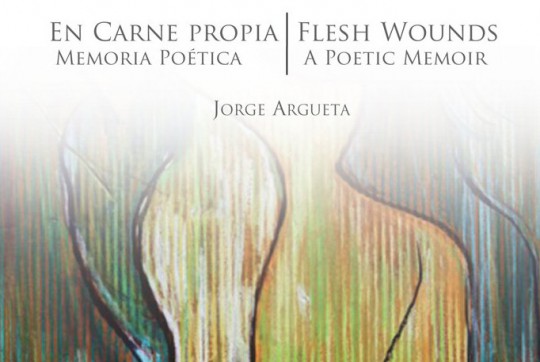Ever get the feeling that even with all the news happening right now in the world, you’re still not getting enough? Well, that’s what we’re here for, keeping you covered with the latest in global literary news from our Editors-at-Large who are on the ground as we speak. This week we have reports about censorship and activism from Singapore and Mexico, as well as important news about festivals and prizes in the UK, and much, much more.
Theophilus Kwek, Editor-at-Large, reporting from Singapore:
The Singapore International Festival of the Arts (SIFA)―launched in 2014 to revive the Singapore Arts Festival, a landmark event in Southeast Asia’s arts calendar―drew to a close this week, concluding a month of theatre, film, music, and visual arts shows. These included a number of international partnerships such as Trojan Women, a Korean retelling of Homer’s epic directed by the SIFA’s founding festival director Ong Keng Sen; as well as Becoming Graphic, a collaboration between Australian theatre practitioner Edith Podesta and Eisner Award-winning graphic artist Sonny Liew, who previously had his funding withdrawn by the National Arts Council for his alternative political history of Singapore.
In a wide-ranging interview with The Guardian to mark his final year as festival director, Ong (who has previously spoken out against the censorship of SIFA’s programs by the government) lamented the “restrictive” attitudes of state funding agencies towards the arts, and said that he felt “drained by the fighting” of the past four years. His successor, fellow theatre practitioner Gaurav Kripalani―currently artistic director at the Singapore Repertory Theatre―struck a more conciliatory position earlier this year, saying that he would opt for increasingly “mainstream” programming.



